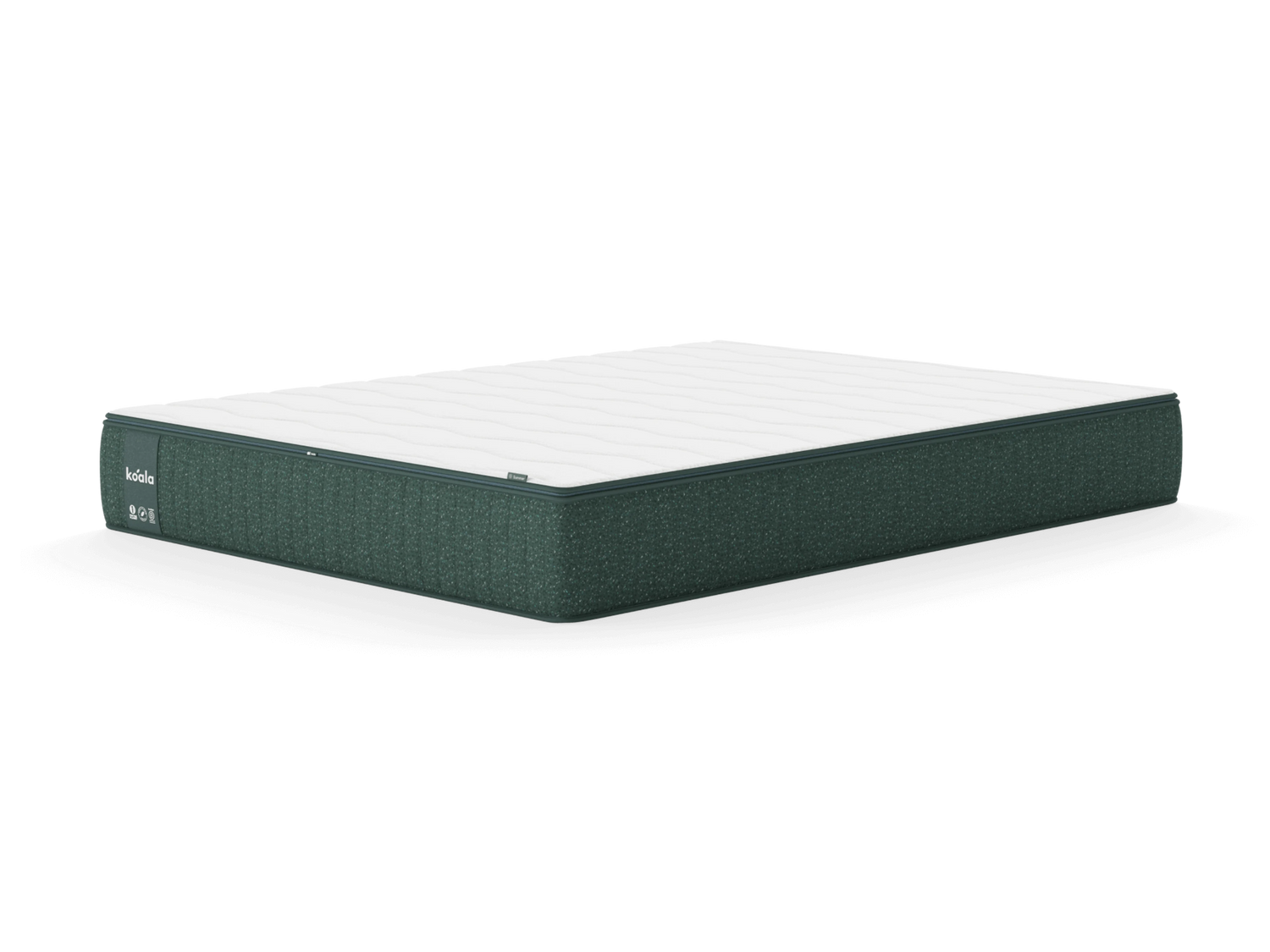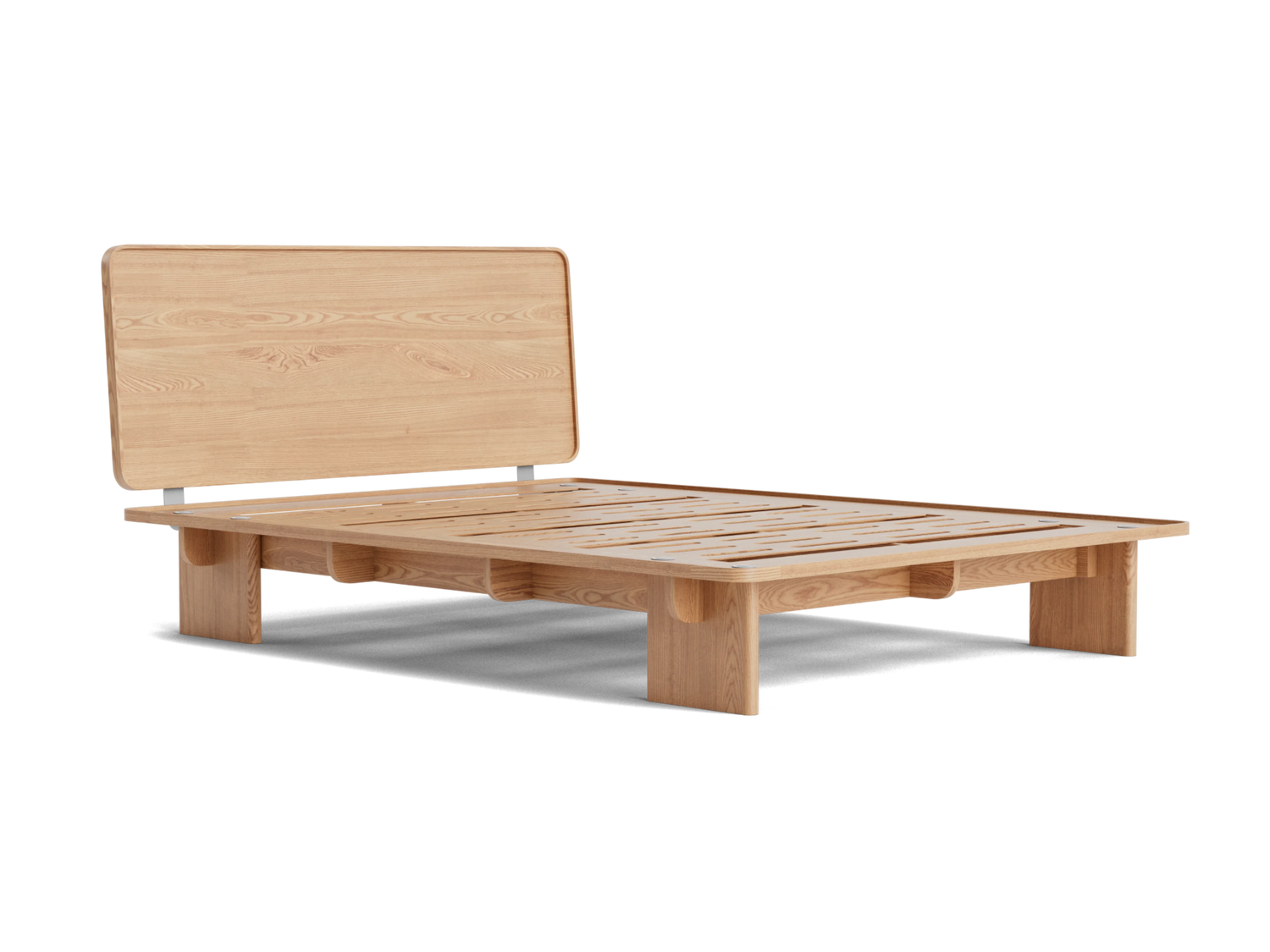
How to stop grinding your teeth in your sleep
Share
Grinding your teeth is a sneaky little condition because you may not even realise you’re doing it.
About half the population will grind their teeth from time to time, and there are a variety of reasons why. But it can be hard to stop, even when you know it’s happening.
So, what’s going on when you do it while you’re sleeping? We sat down with sleep expert and clinical psychologist Andrew Mair to get his thoughts on why it might be happening and how to stop grinding teeth in your sleep.
 Children and teenagers are more prone to grinding their teeth at night
Children and teenagers are more prone to grinding their teeth at night
How do I know if I’m grinding my teeth?
The short answer? You probably won’t be the first to know. Most people don’t realise they’re doing it until someone (a nice bed partner perhaps) hears them and tells them about their late-night grinding. Sometimes people find out days, weeks or even years after they start waking up with aching jaws. And sometimes it’s your dentist that will notice the damage done to the teeth over time. Teeth grinding is most common in children and teenagers. “Up to 30% of children experience teeth grinding at any one time,” says Andrew. “In adolescence, it’s around 15%, and in adults, about 8%. It often stops for children when they reach adulthood and their adult teeth have come through, but not always.” With stats like these, it’s good to know you’re not alone.Why do I grind my teeth in my sleep?
There are a number of things that could be messing with your sleep, leading you to grind or clench your teeth throughout the night. “Grinding your teeth while sleeping is seen as a different disorder to grinding your teeth during the day,” explains Andrew. “People are unaware that they’re doing it, which makes it impossible to intervene in any kind of psychological way.” Here are a few things that could be the cause of your late-night grinding (grinding of the tooth variety, we mean!): 🦷 stress and anxiety 🦷 alcohol 🦷 smoking 🦷 caffeine 🦷 snoring 🦷 sleep apnea 🦷 drugs including antidepressants Children and teenagers are more prone to grinding their teeth at night
Children and teenagers are more prone to grinding their teeth at night


